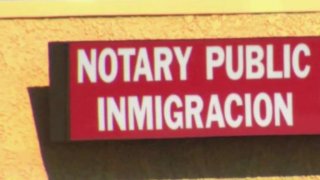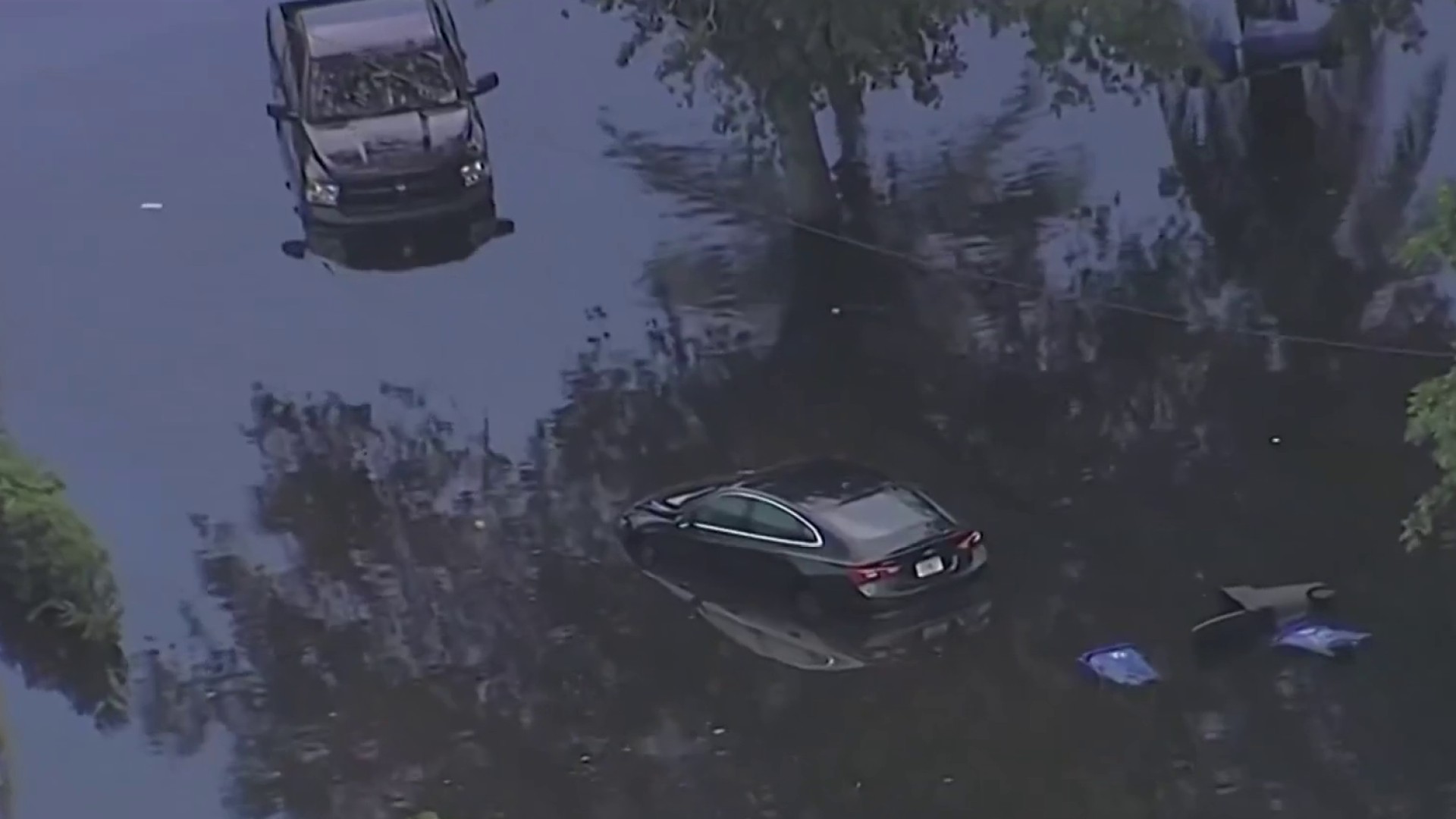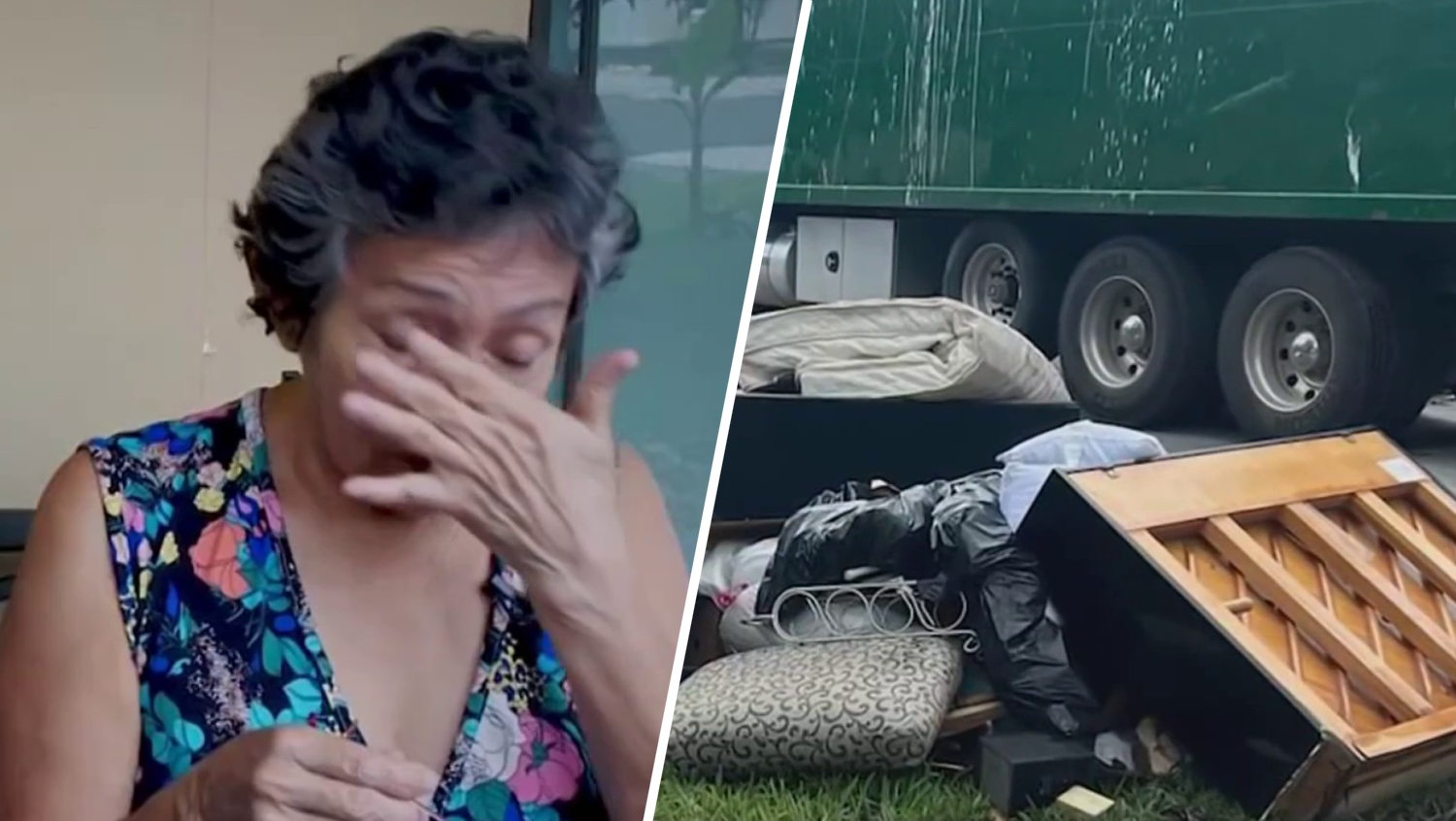
Last month marked the end of an era as Title 42, the policy enacted in response to the pandemic to prevent the spread of COVID-19, was lifted. This policy had allowed the U.S. to turn away some asylum seekers on the premise of public health safety.
Now, the Federal Trade Commission (FTC) warns that fraudsters are already looking to exploit those seeking help with their immigration process.
Notaries, known as "notarios" in Spanish, are offering legal advice or help with immigration despite not being qualified to do so, according to the FTC. The agency calls upon family members, friends, or anyone who works with the immigrant community to stay alert and share the warning about this scam.
In the United States, notaries are not licensed attorneys, and hence, are not authorized to offer legal advice. However, some are promising results to immigrants that they simply cannot deliver.
Get South Florida local news, weather forecasts and entertainment stories to your inbox. Sign up for NBC South Florida newsletters.
"Unfortunately, there is a kind of fraud, a kind of scam called a 'the notario' scam where people target immigrants, often Spanish-speaking immigrants, with signs that say 'Notario,' promising them all sorts of immigration services that those individuals are not qualified to provide," FTC Commissioner Alvaro Bedoya said.
He goes on to clarify that, unlike in Latin America and other parts of the world, in the U.S., a notary public's role is strictly defined.
"Here, a notary public is a notary public full stop," Bedoya said. "They help you sign a document, certify it before a court, and that's it."
Responds
Responding to every consumer complaint
The FTC urges everyone to stay vigilant in these circumstances. They advise seeking help from specialized lawyers and accredited representatives for immigration issues rather than a "notario." Official immigration forms from the U.S. Citizenship and Immigration Services are free of charge, so any request for payment for these forms should raise immediate suspicion.
It's also crucial to never sign blank forms or any document containing false information, as these practices can lead to significant legal trouble. The FTC wants people to understand that no one has "special access." No one can guarantee a green card or citizenship, place anyone on a "special list," or provide early access to any secret immigration process.
"They often end up charging people thousands of dollars, often for either entirely fraudulent services that don't exist or for services where they make mistakes and they put people's immigration status in jeopardy," Bedoya warned.
If anyone comes across a notary taking advantage of immigrants, they can report it at FTC's website: reportfraud.ftc.gov.



